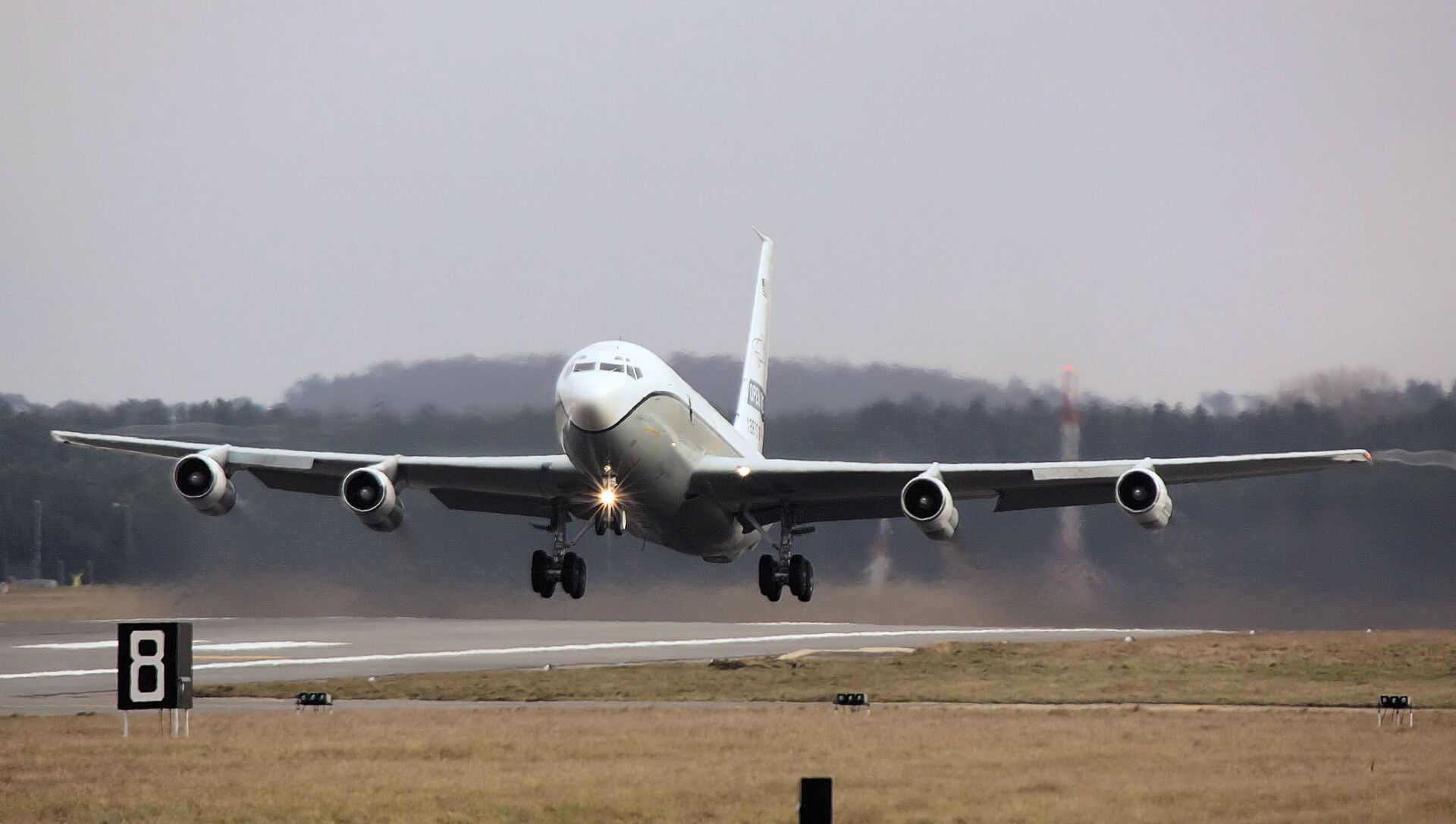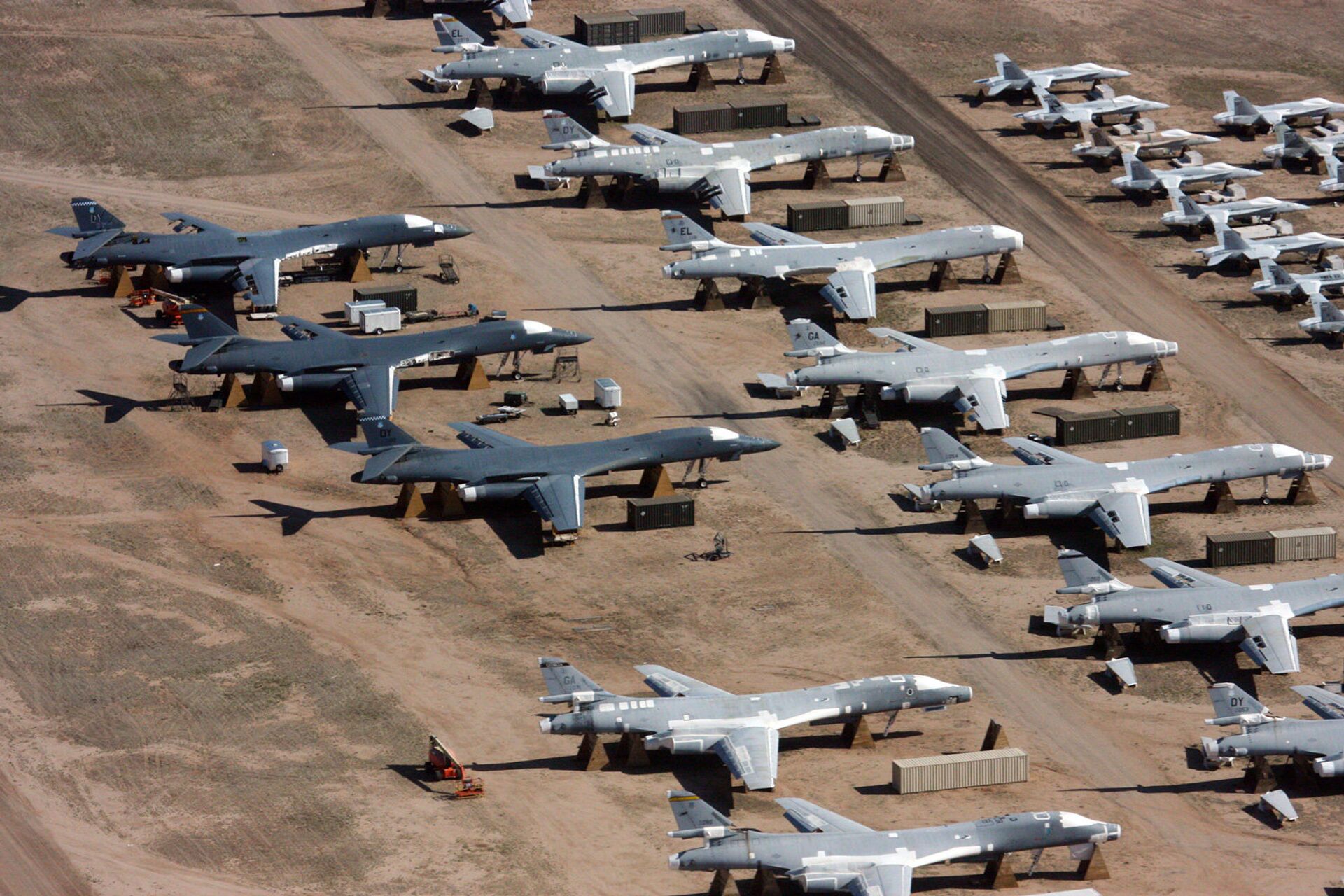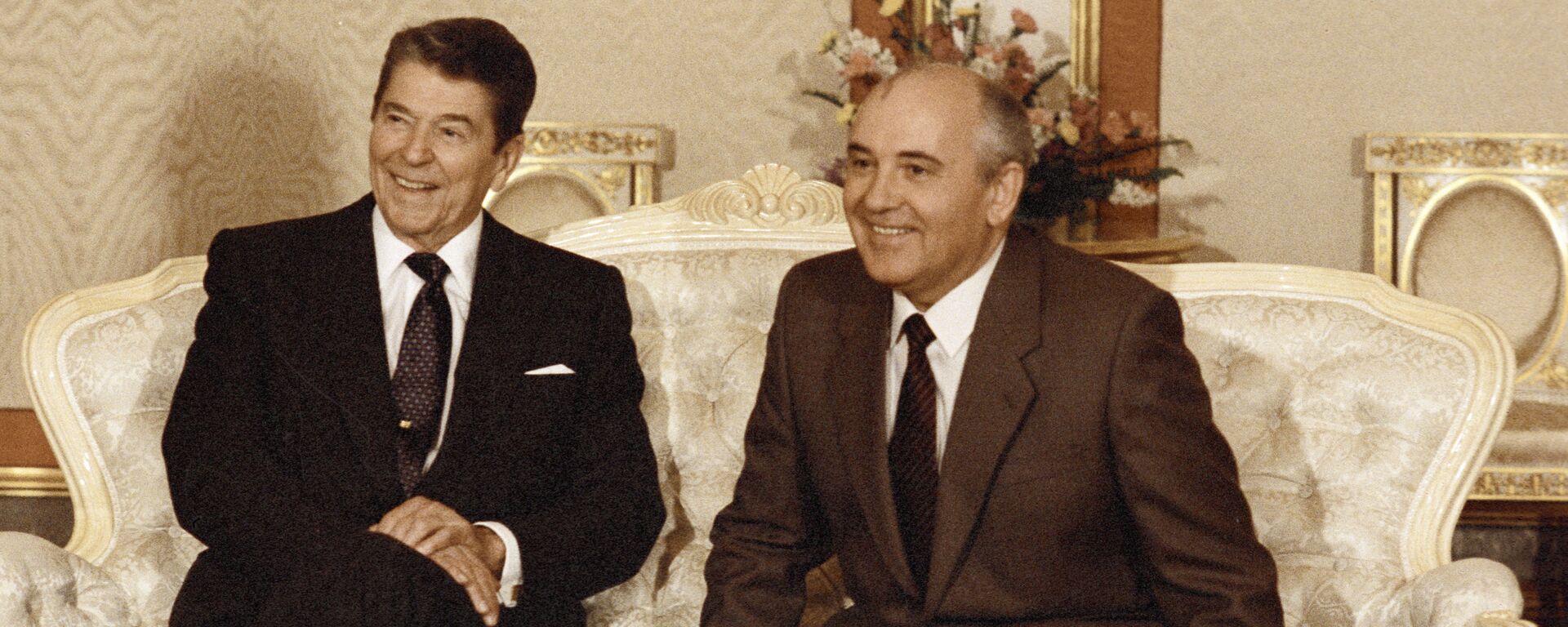The US Air Force has reportedly decided to retire two Boeing OC-135B surveillance aircraft used to fly over Russian territory in accordance with the Open Skies Treaty, with the planes to be scrapped at an aircraft junkyard, the Wall Street Journal has reported.
Congressman Don Bacon, a retired Air Force commander who oversaw the Offutt Air Force Base in Nebraska where the planes are ordinarily based, said the decision to scrap the nearly 60-year-old planes appears to signal that the Biden administration will not be returning to the treaty, despite Biden’s criticism of Trump’s decision to pull out of the agreement last year.
“These aircraft are nearly 60 years old, and it costs too much to operate them,” Bacon said. “Once at the boneyard, they’ll be reused for spare parts and cut for scrap metal.”
A National Security Council spokesperson confirmed that the potential US return to the JCPOA is still under review, with a decision to be made “in due course,” and separately “from previously scheduled activities relating to ageing equipment.”
An Air Force spokesperson said the OC-135Bs would be sent to the Davis-Monthan Air Force Base boneyard in Arizona sometime over the next two months.
After announcing plans to withdraw from the Open Skies Treaty last year, the Trump administration said the OC-135Bs would either be scrapped or donated to foreign allies, but reportedly ran out of time before finding anyone interested in taking them.
Asked to comment on the decision to scrap the planes, Konstantin Gavrilov, head of the Russian delegation in Vienna on arms control, told Sputnik that it appears to indicate Washington’s unwillingness to return to the agreement, and said the US has not sent Moscow “any signals” regarding the treaty.
Also on Tuesday, Russian Deputy Foreign Minister Sergei Ryabkov indicated that the United States and its allies now have just over a month and a half to decide the fate of the treaty, and warned that “after that...turning back would be extremely difficult.” Ryabkov explained that in accordance with Russia’s steps to begin to withdraw from the treaty in January, a six month withdrawal countdown would begin begin once it delivers a formal note to treaty depositories, after which Moscow’s participation will be terminated.
“The question to all those in the West who present themselves as self-professed experts in world affairs is whether a month and a half is enough time for them to make a decision one way or another in favour of preserving the treaty or not. The responsibility lies with them,” Ryabkov stressed.
Negotiated and signed in 1992 and stepping into force in 2002, the Open Skies Treaty was one of a number of confidence-building measures between former Cold War adversaries, enabling member states to freely collect information about one another’s military forces and activities on a scheduled basis. At their peak, the treaty’s members included Russia, Belarus, Ukraine and Georgia, most of Europe, the United States and Canada. The Trump administration announced Washington’s withdrawal from the agreement in May 2020 after accused Russia of violating its terms. Moscow denied the allegations. The US formally completed its withdrawal from the treaty in late November. In January 2021, Russia announced that the US withdrawal had upset the balance of interests of participants and undermined the treaty’s role in security and confidence-building, and announced plans to withdraw as well. At the same time, Russian Foreign Minister Sergei Lavrov hinted that Russia would immediately consider cancelling its withdrawal if the Biden administration decided to return to the full implementation of the treaty.





